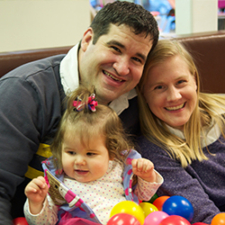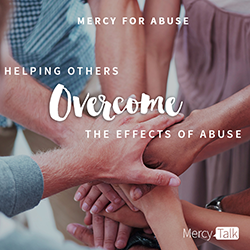Abuse
The Numbers
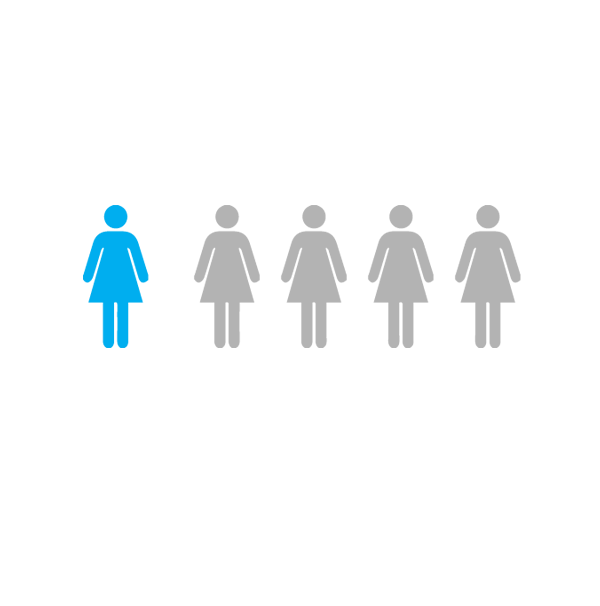
1 in 5 American women has been the victim of an attempted or completed rape in her lifetime
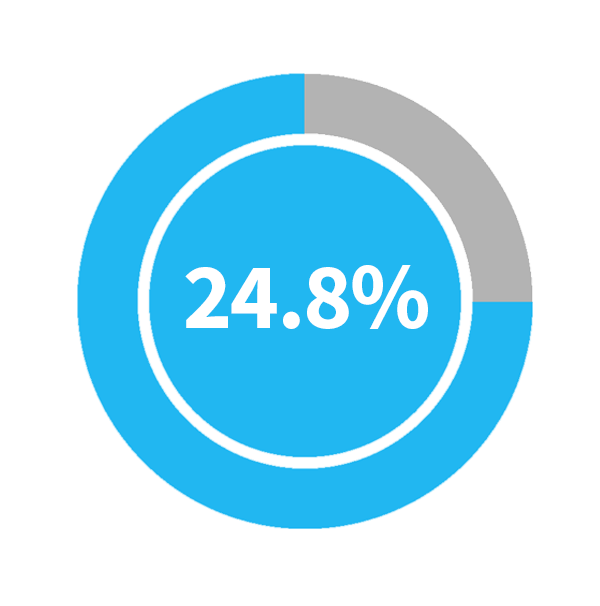
24.8% of men in the U.S. experienced some form of contact sexual violence in their lifetime
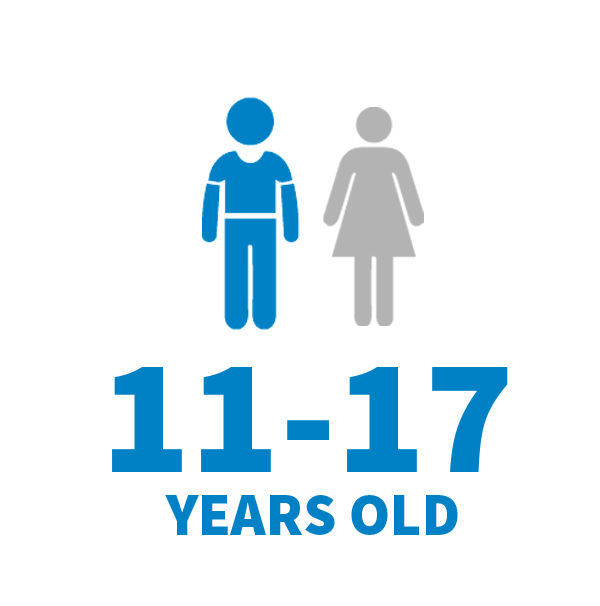
1 in 3 women and 1 in 4 men who were a victim of completed or attempted rape experienced it for the first time between the ages of 11 and 17

1 in 4 women and 1 in 10 men experienced contact sexual violence, physical violence, and/or stalking by an intimate partner
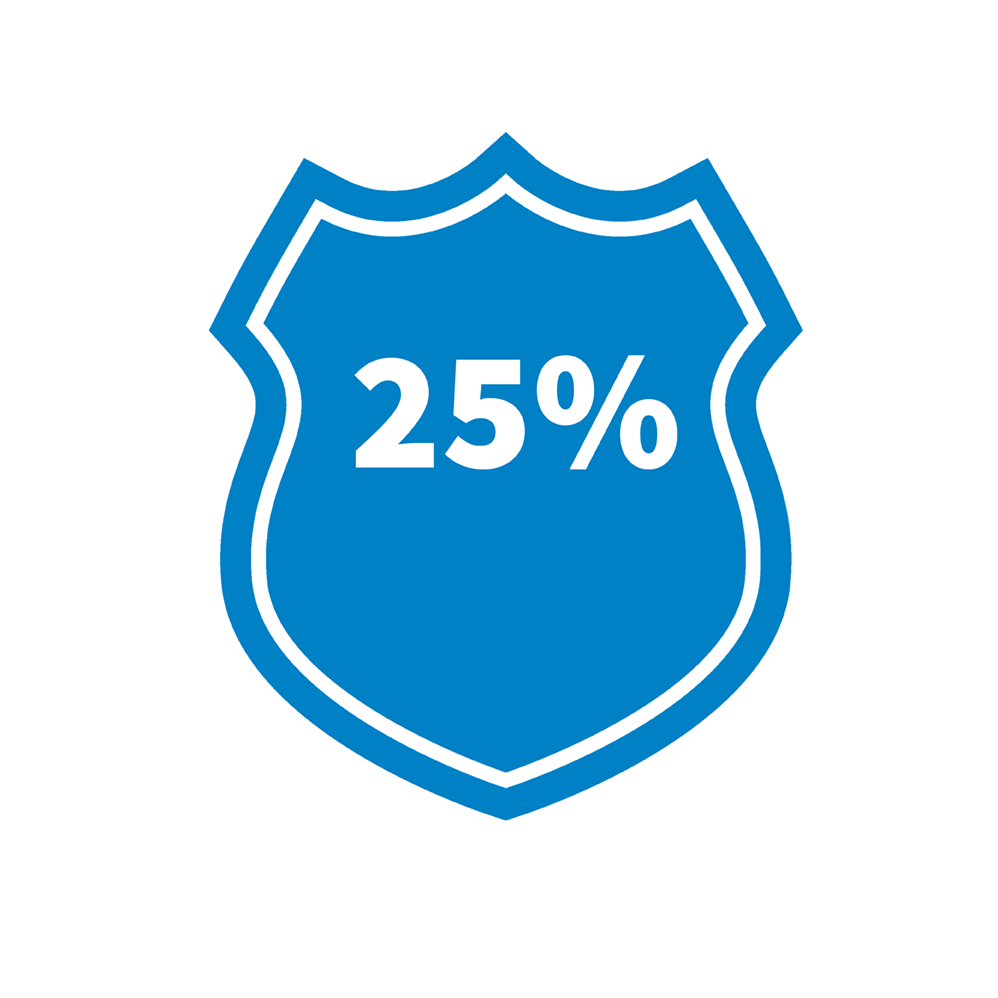
Only 25% of rapes and sexual assaults were reported to police in 2018
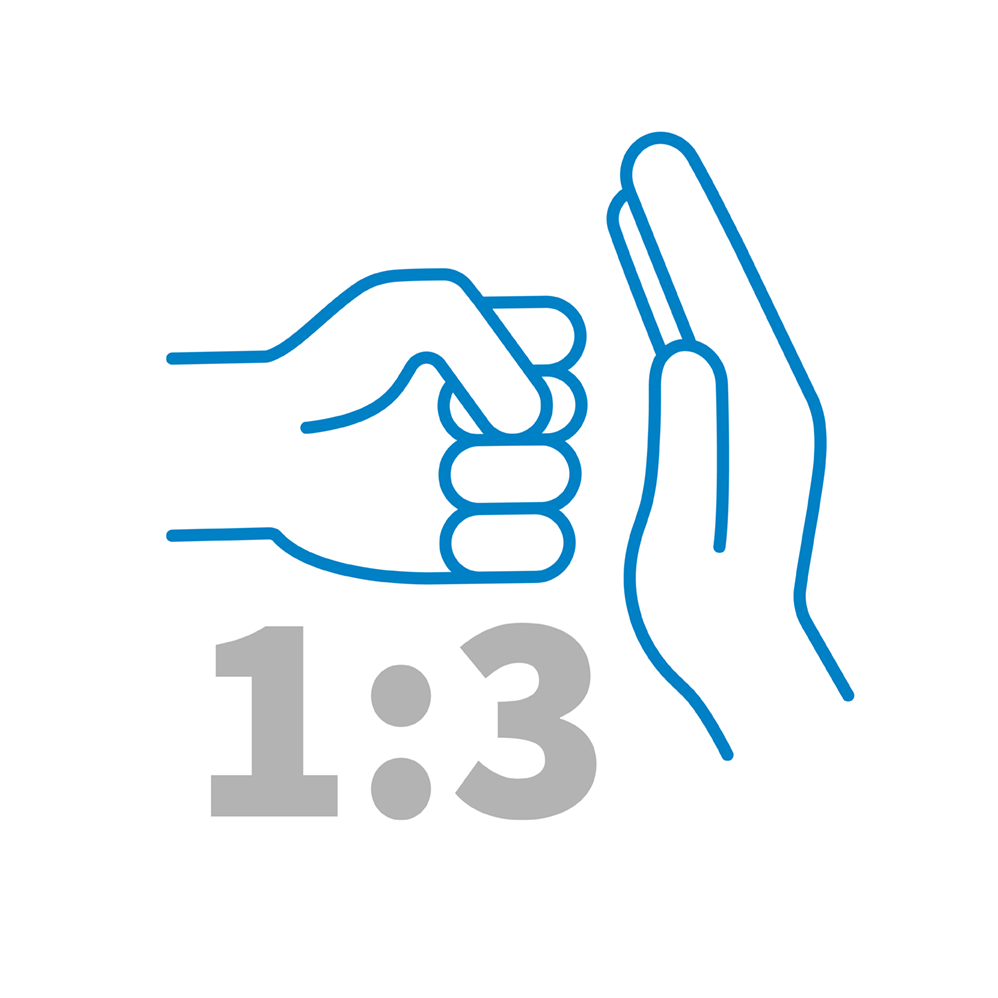
Over one-third of women (36.4% or 43.5 million) and men (34.2% or 38.1 million) experienced psychological aggression by an intimate partner during their lifetime
- About 1 in 4 girls and 1 in 13 boys experience child sexual abuse at some point in childhood
Teen dating violence profoundly impacts lifelong health, opportunity, and well-being. Unhealthy relationships can start early and last a lifetime.
- About 1 in 12 high school students experience physical dating violence
- About 1 in 12 high school students experience sexual dating violence
Youth who are victims of teen dating violence are more likely to:
- experience depression and anxiety symptoms
- engage in unhealthy behaviors, like using tobacco, drugs, and alcohol
- exhibit antisocial behaviors, like lying, theft, bullying, or hitting
- think about suicide
What is Abuse?
Physical abuse is the non-accidental physical trauma or injury inflicted by one individual on another. The abuser is usually a family member/caregiver or someone known to the victim. Injuries are often the result of, but not limited to, choking, punching, kicking, biting, burning, beating, or use of an object to inflict harm. Physical abuse often, but not always results in bruises, abrasions, burns, broken bones, and internal hemorrhages.
Sexual abuse is any coerced sexualized behavior or undesired exposure to sexualized behavior between two or more individuals. The individuals involved may or may not know each other. Both children and adults can be sexually abused.
Emotional abuse, also known as psychological aggression, is the use of verbal and non-verbal communication with the intent to harm another partner mentally or emotionally and/or to exert control over another partner.
Abuse Signs and Symptoms
Physical Abuse
While physical injury may be the most obvious danger, emotional and psychological consequences of abuse are also severe. In its most severe form, physical abuse is likely to cause great bodily harm or even death. Possible signs that a person may have been physically abused include:
- Dressing in clothing designed to hide bruises or scars (e.g. wearing long sleeves in the summer or sunglasses indoors)
- Having frequent injuries, with the excuse of “accidents”
- Being depressed, anxious, or suicidal
- Frequently missing work, school, or social occasions, without explanation
- Seeming afraid or anxious to please their partner
- Going along with everything their partner says and does.
- Checking in often with their partner to report where they are and what they’re doing
- Receiving frequent, harassing phone calls from their partner
- Talking about their partner’s temper, jealousy, or possessiveness
- Having very low self-esteem, even if they used to be confident
- Showing major personality changes (e.g. an outgoing person becomes withdrawn)
- Exhibit anti-social behaviors like lying, theft, bullying, or hitting
- Engage in unhealthy behaviors like using tobacco, drugs, or alcohol
Emotional Abuse
Signs you are being emotionally abused by someone:
- They are hyper-critical or judgmental towards you
- They ignore boundaries or invade your privacy
- They are possessive and/or controlling
- They are manipulative
- They often dismiss you and your feelings and are emotionally unavailable to you
- They use intimidating tone and language such as: yelling, threatening, blaming, shaming, belittling language. This can also include gaslighting.
- They discourage you from spending time with family and friends
- They withhold affection as punishment
Signs that someone you know may be emotionally abused:
- The person is withdrawn, depressed, and apathetic
- The person is highly anxious
- The person appears to have low self-esteem, heightened insecurities, low self-confidence
- The person often dismissing the validity of their own emotions, refers to them as “silly” or “stupid”
- The person tends to avoid vulnerable interactions and isolates from community
Sexual Abuse
Possible signs that a person has been sexually abused include:
- Any sexual behavior (including exposure to pornography) between an adult and a child
- Any sexualized activity that includes coercion (force, threats, bribes, manipulation, drugs, etc.)
- Sexual activity when one party is impaired (drugs/alcohol, intellectually disabled, physically disabled, etc.)
- Exposure to sexual activity (live or in media)
- Sexual behavior between children with an age discrepancy of 3+ years
- Coerced sexual behavior between children
- Rape is the perpetration of an act of sexual intercourse when:
- Will is overcome by force or fear (from threats, use of weapons, or use of drugs)
- Mental impairment renders the victim incapable of rational judgment
- The victim is below the legal age established for consent
Possible impact of sexual abuse:
- Possible impact of sexual abuse – depression, sleep disturbances, nightmares, frequent urinary infections, isolation from family and friends, or withdrawal from usual activities
- Tendency to become either obsessive or apathetic about hygiene
- Anxiety, passivity or overly “pleasing” behavior, low self-esteem, self-destructive behavior, and promiscuous activity
- Adults experience the ramification of sexual abuse through anger, rebellion, self harm, fear, inappropriate sexual behavior, or difficulty in developing close relationships
- Many people who have been sexually abused fall into obsessive compulsive behavior patterns such as excessive bathing, teeth-brushing, or hand-washing due to feeling perpetually dirty
- Many victims of sexual abuse will turn to food as a source of comfort which often develops into an eating disorder: anorexia, bulimia, and binge-eating
- According to the U.S.Department of Justice, 54% of all rapes are of women under age 18
- 1 in 3 young women is sexually abused before age 18 (RAINN 2011)
- Most sexual abuse against children is perpetrated by a family member (e.g., father, stepfather, aunt, uncle, sibling, cousin) or family intimate (e.g., live-in lover or friend of the parent)
Need Help?
If you or someone you know is a victim of abuse, Mercy Multiplied can help. Our residential program helps young women ages 13-32. If you reside in Monroe, LA or St Louis, MO, please consider applying to our Center for Wellness and Counseling. These outpatient counseling services are offered to men and women 13 and older. Our residential and outpatient services are free-of-charge, and you can learn more about these services here. If you do not qualify for either of these programs, please consider finding a Christian counselor in your area or visit aacc.net.


